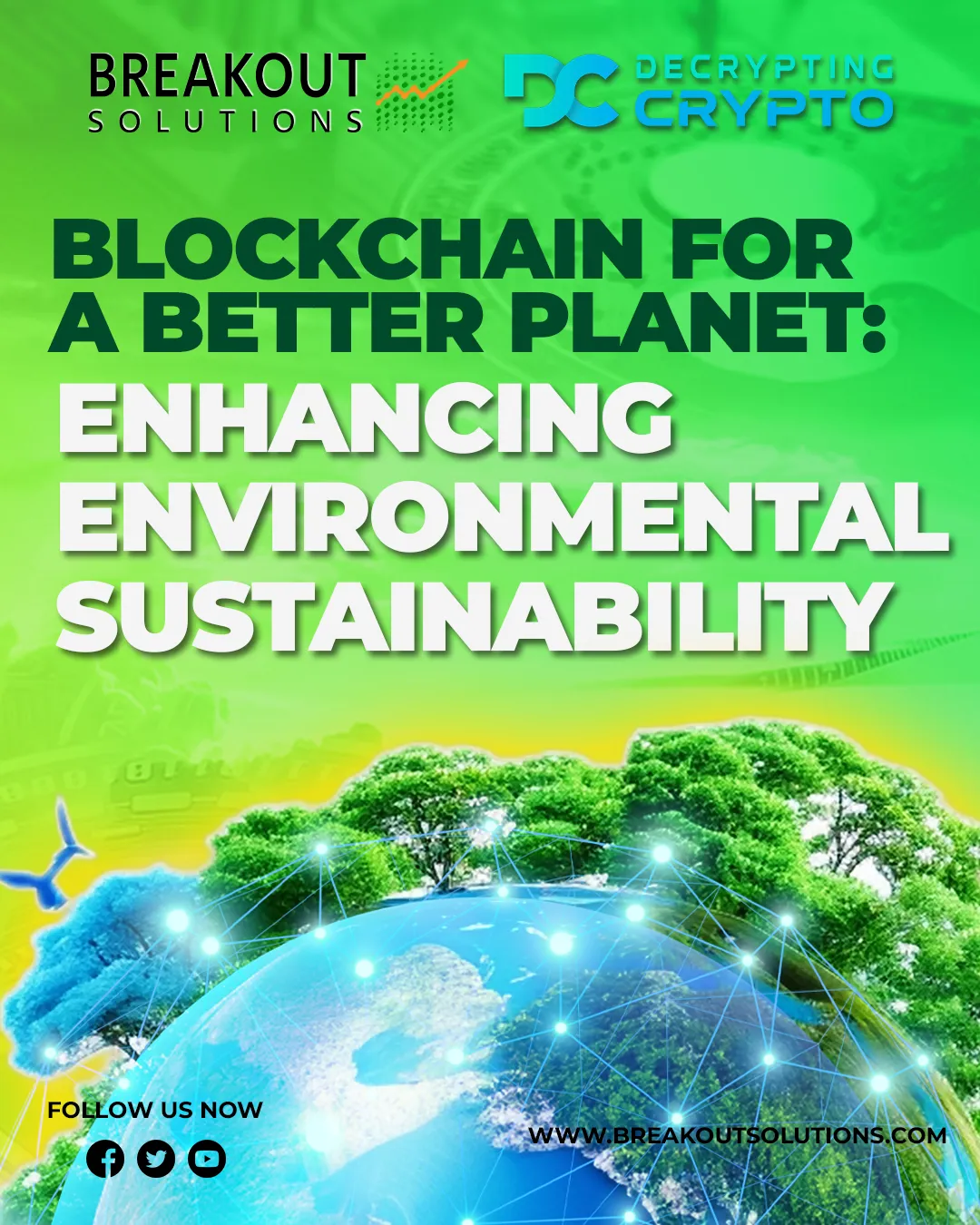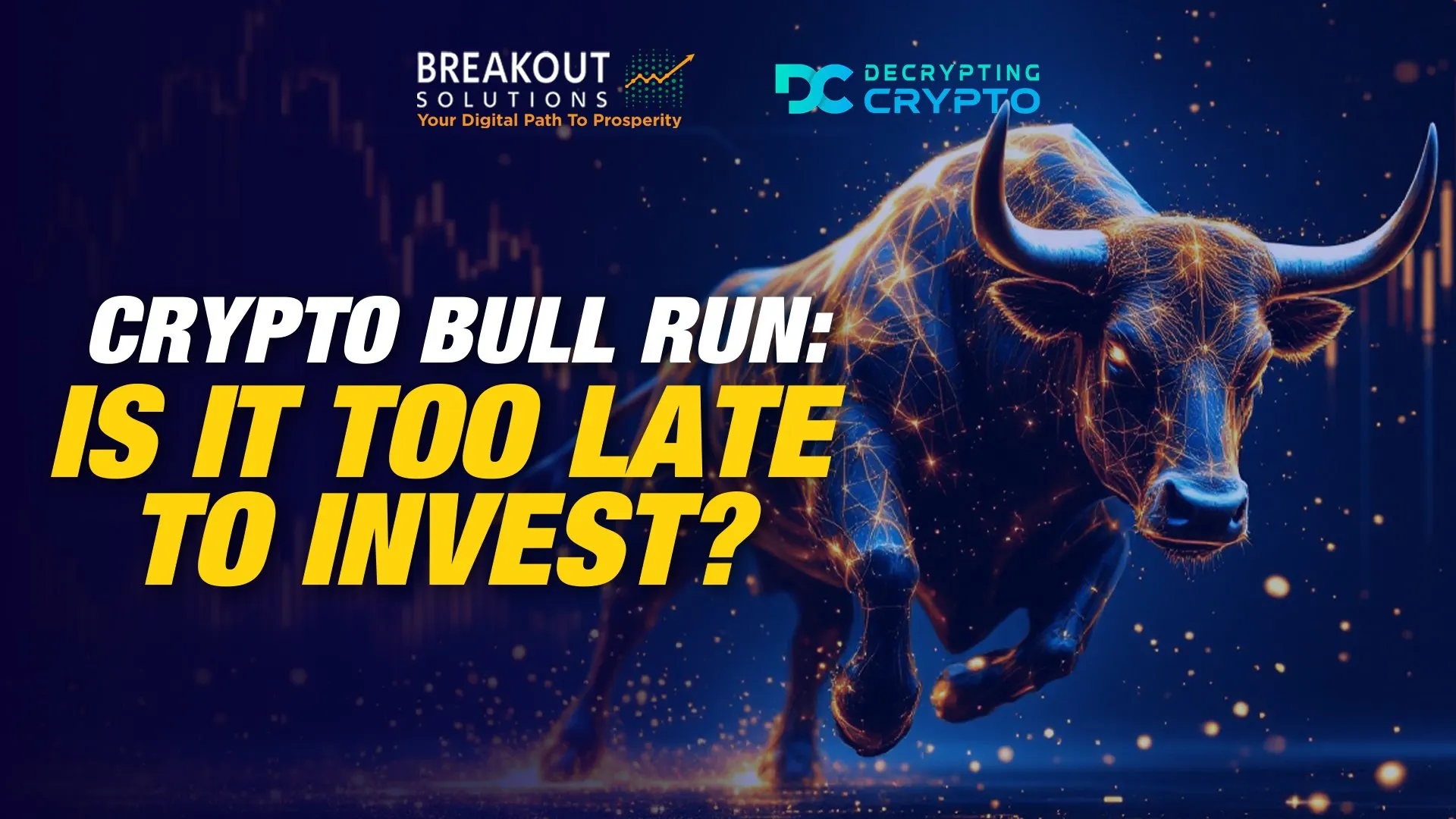Blockchain for a Better Planet: Enhancing Environmental Sustainability
Author: JR Foronda

As we explore the world of new technologies, blockchain stands out not just for its role in finance but also for its surprising contributions to environmental sustainability. Today, we’re diving into how this technology is helping our planet through initiatives like tracking carbon credits, managing renewable energy trading, and ensuring that supply chains are sustainable from start to finish. Let’s uncover the innovative projects using blockchain to make a real difference in industries such as agriculture and manufacturing.
What is Blockchain?
Before we jump into its environmental uses, let’s quickly review what blockchain is. Imagine it as a digital ledger or notebook that securely records information. Once data is entered, it cannot be changed or deleted, making it extremely trustworthy. This technology is what powers cryptocurrencies like Bitcoin, but its uses go far beyond just money.
Tracking Carbon Credits with Blockchain
One of the exciting environmental applications of blockchain is in tracking carbon credits. Carbon credits are like tokens that companies earn by reducing their carbon emissions. These credits can then be traded to other companies. Blockchain’s secure and transparent record-keeping ensures that these trades are fair and accurate, promoting more responsible environmental practices among businesses.
Managing Renewable Energy Trading
Blockchain also plays a crucial role in the renewable energy sector. It helps manage the trading of renewable energy sources such as wind and solar power. By using blockchain, we can track the production and transaction of renewable energy reliably and in real-time. This makes it easier for businesses and consumers to buy and sell renewable energy, boosting its use and supporting the transition away from fossil fuels.
Ensuring Sustainable Supply Chains
From the farm to the factory, blockchain helps ensure that supply chains are sustainable. For example, in agriculture, blockchain can track the journey of food from its source to the supermarket shelf. Consumers can scan a QR code on a product to see the entire history of where it came from and how it was produced. This transparency encourages companies to adopt more sustainable practices and lets consumers make informed choices about the products they buy.
Leading Projects in Blockchain and Sustainability
There are several pioneering projects out there using blockchain for environmental good. For instance, platforms like IBM’s Food Trust use blockchain to improve the traceability of food products, reducing waste and improving food safety. In the energy sector, companies like Power Ledger use blockchain to facilitate energy trading in local communities, making renewable energy more accessible and affordable.
The Impact on Our Planet
The impact of these blockchain initiatives is significant. They not only promote transparency and efficiency but also encourage companies and consumers to be more environmentally responsible. By providing a reliable way to verify sustainable practices, blockchain technology is helping ensure a healthier planet for future generations.
Conclusion
Blockchain technology is proving to be a powerful tool in the fight for a sustainable future. By supporting everything from carbon credit trading to renewable energy and sustainable supply chains, blockchain is showing that it can be a force for good in the world, far beyond its financial applications. As we continue to face environmental challenges, embracing innovative solutions like blockchain may be key to protecting and preserving our planet. So next time you hear about blockchain, remember its role in building a greener, more sustainable world—it’s truly a green chain that binds us all to a brighter, cleaner future.

